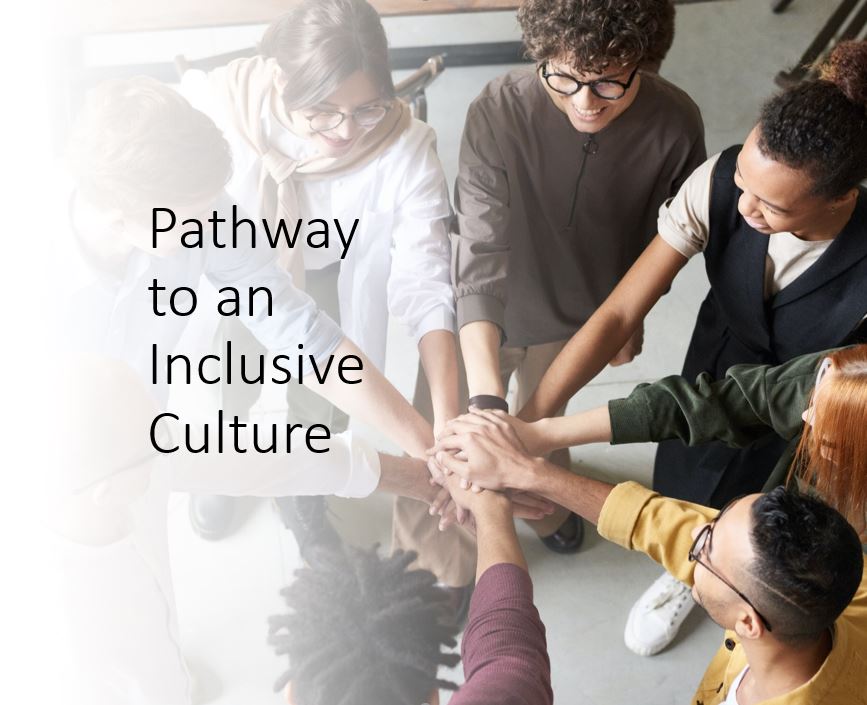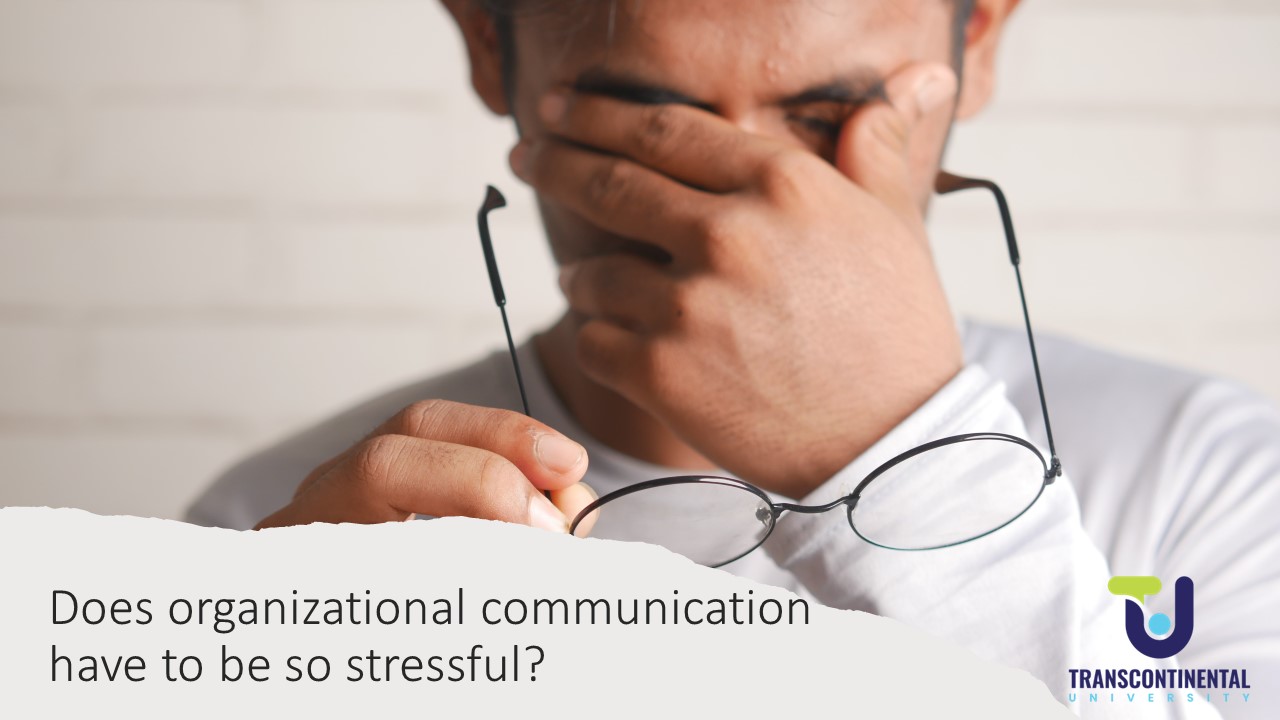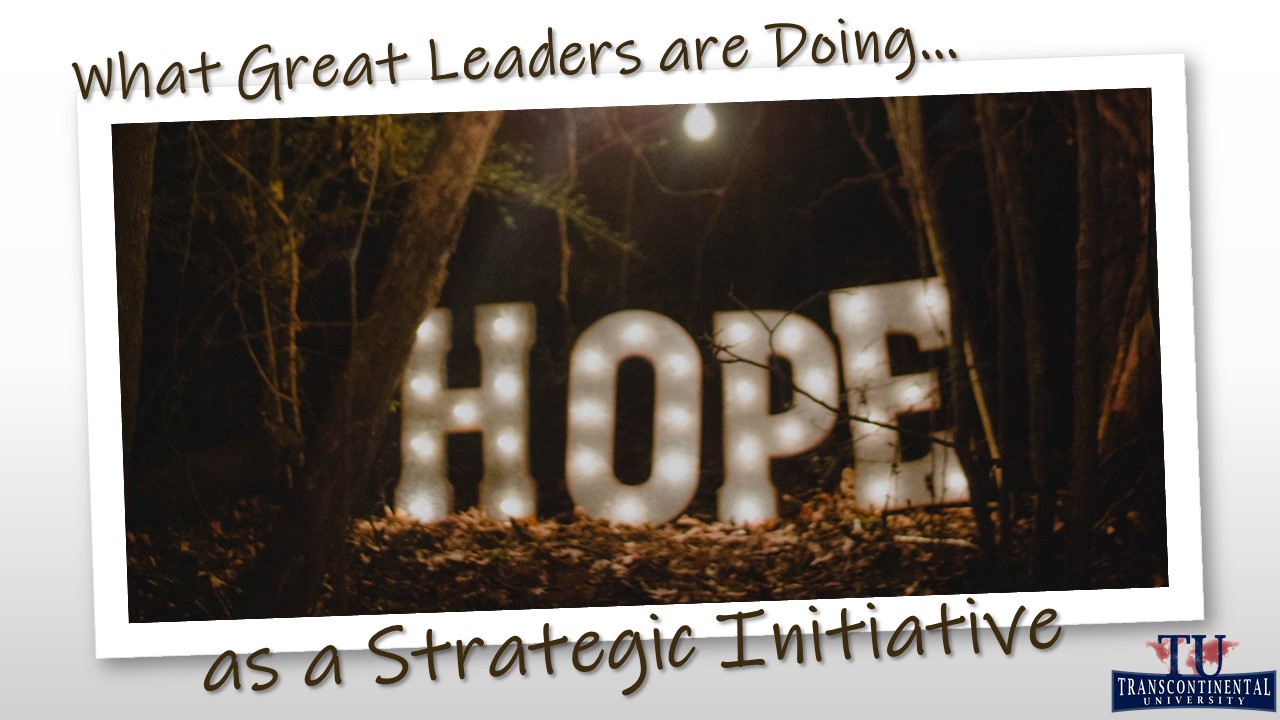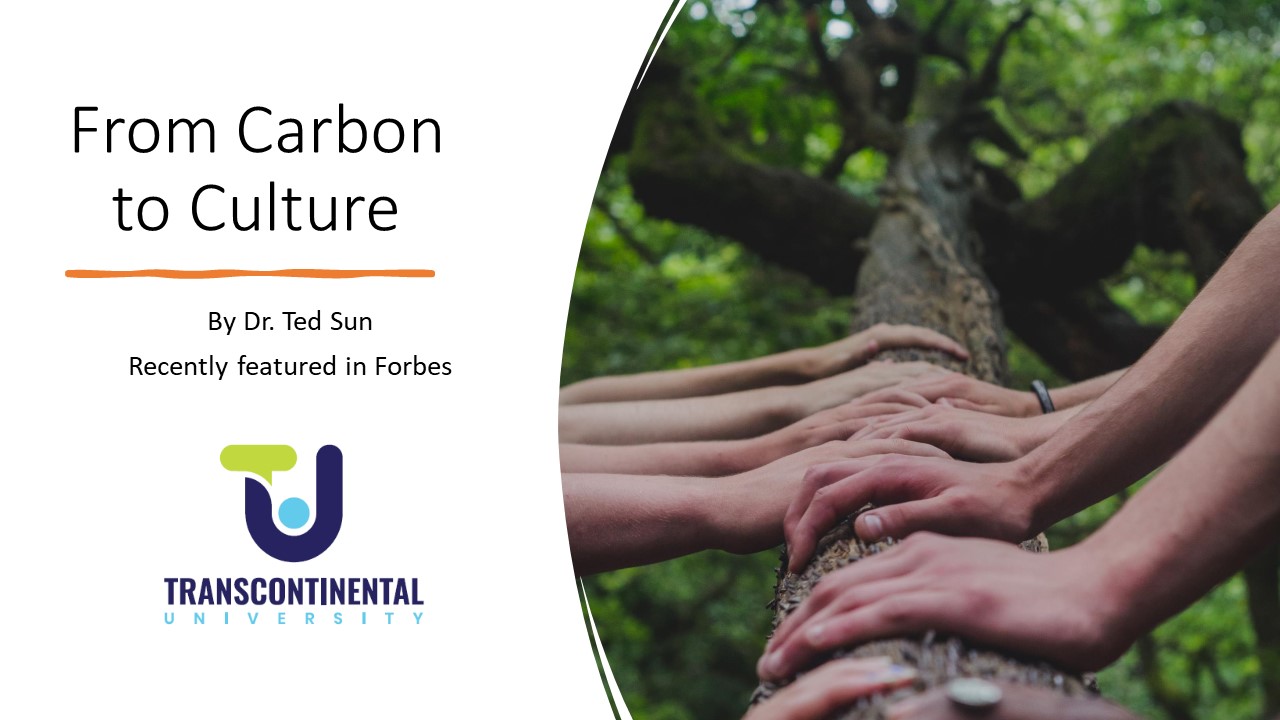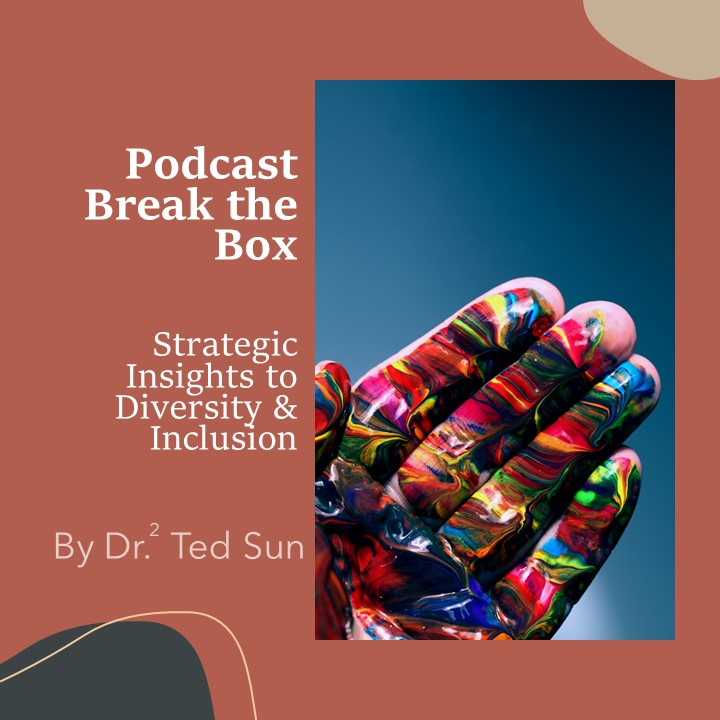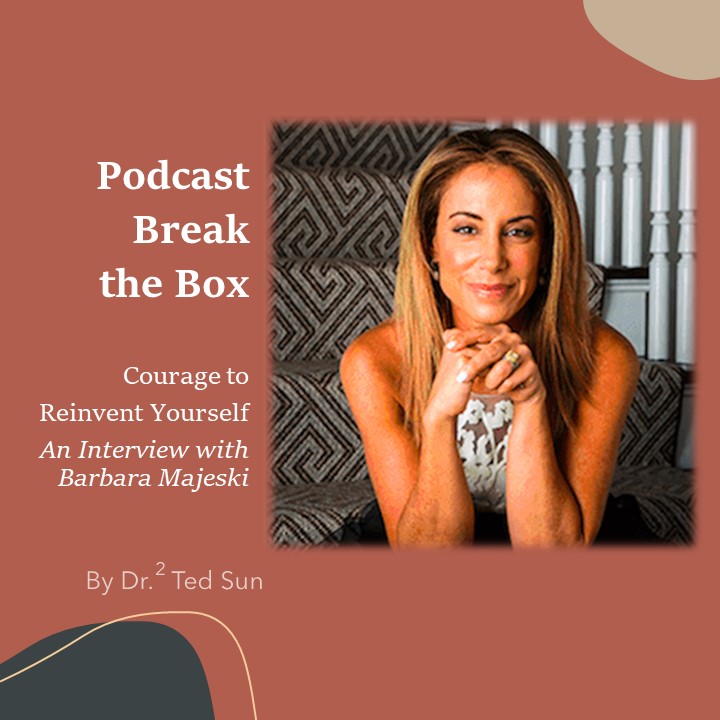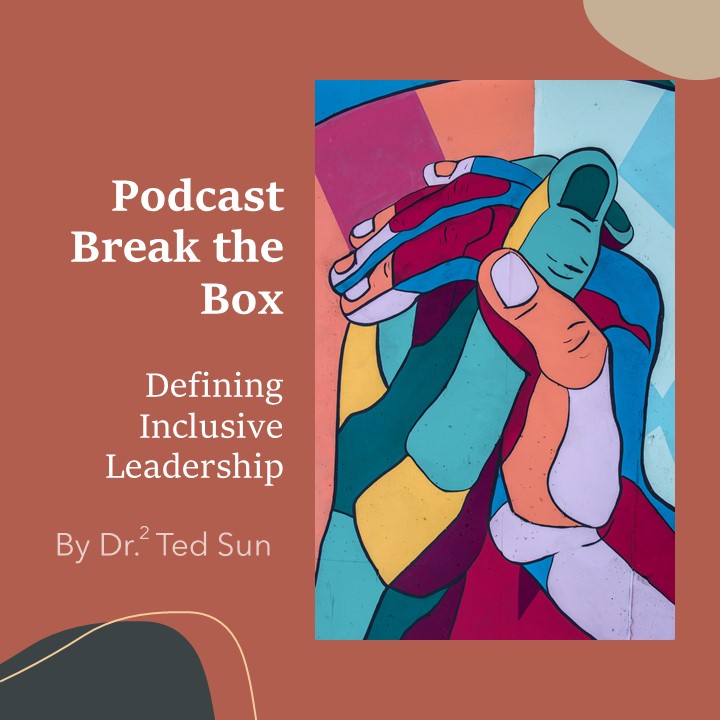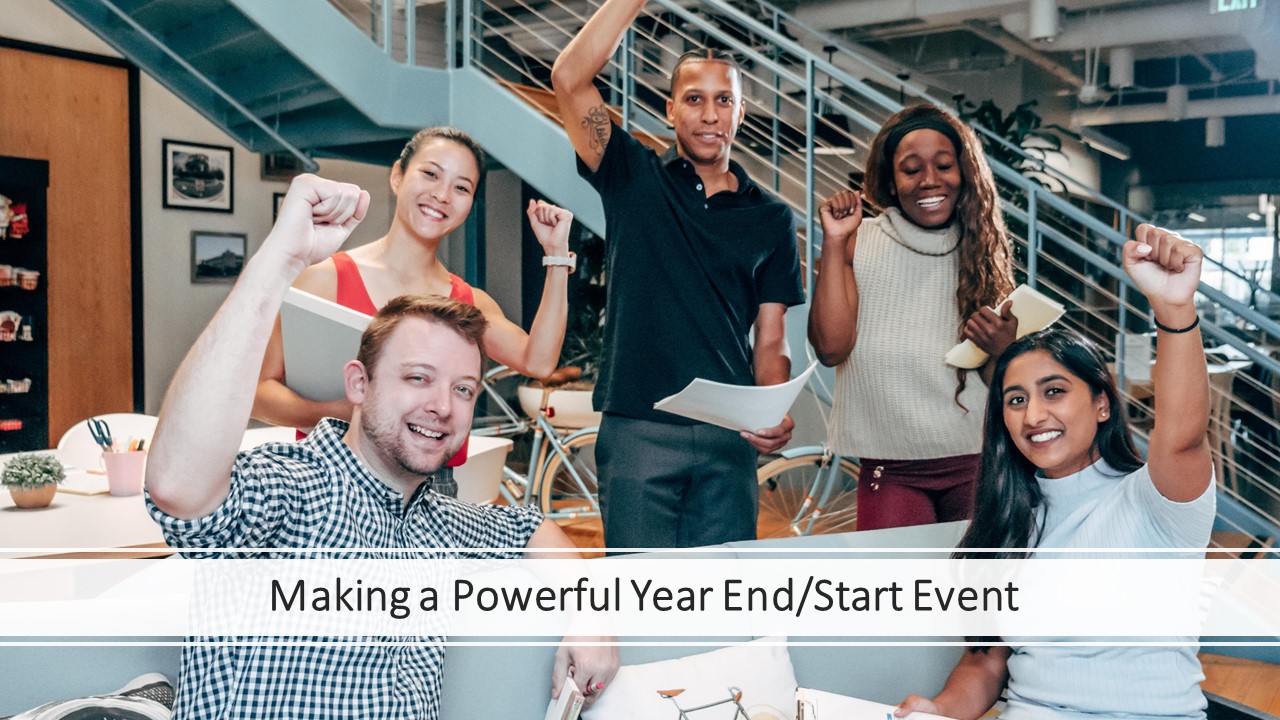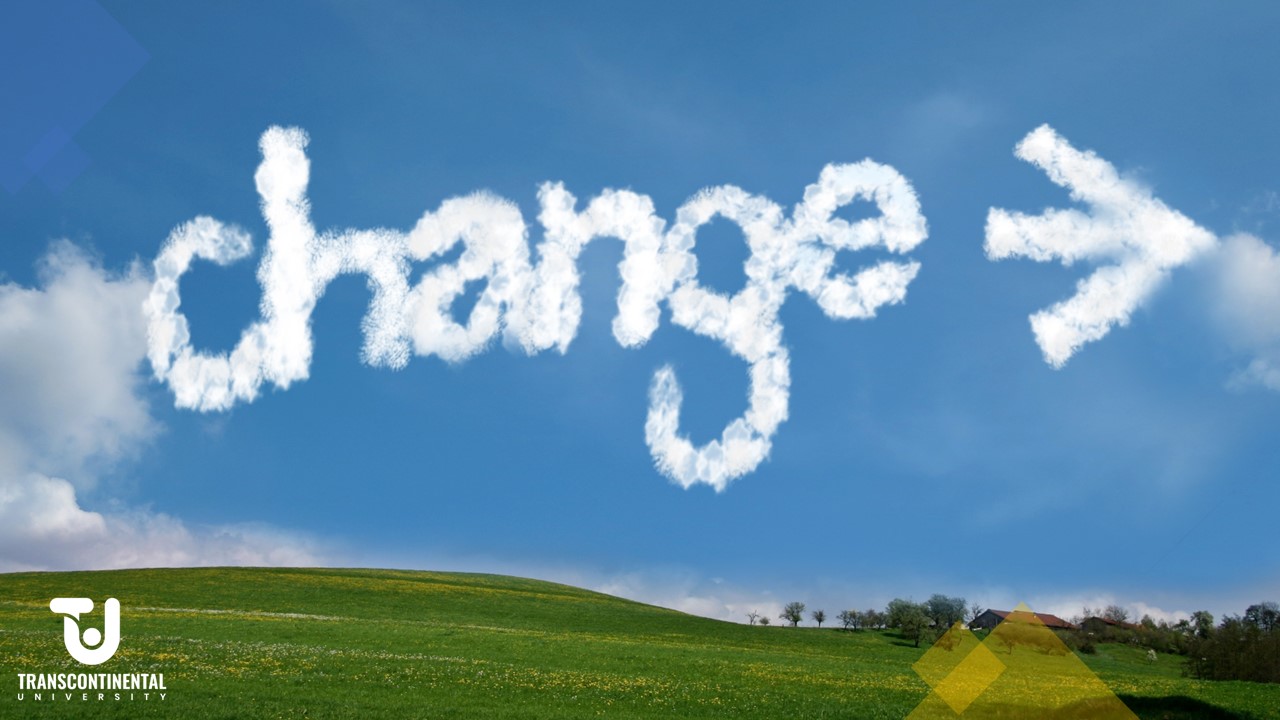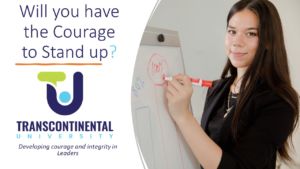
Developing Courage & Integrity
Necessities of leaders in turbulent times
By Dr. Ted Sun & Anthony Nappi
Recently featured in Forbes
Being a leader has become significantly more complicated than before. Whether you’re a senior-level executive or a mid-level manager, making values-based decisions is not always as straightforward as maybe it once was. With influences like social media, extreme political activities, the pandemic, supply chain, and labor problems, knowing how to lead requires a conscious development of courage, integrity, and the foresight to understand the impact of your decisions.
Current Influences
Today’s cancel culture has silenced many people from all walks of life. The politically progressive social media has been a significant influence. In many instances, today’s leaders are being forced into making decisions predicated, not on their core values, but on how a small group of people with a loud voice will react. How do you find the courage to have your voice heard without violating your own values such as integrity, honesty, and respect?
Challenging times require leaders who have the courage and integrity to do what’s right, regardless of the consequence. While the social justice movement has a strong foundation of inclusion, the practice of extremism and a sheer lack of critical thought can be frightening to anyone, regardless of their positions, education, and past achievements. There are countless examples of individuals who have lost their jobs, their colleagues, and, most importantly, their reputation for simply expressing an opinion that differs from a particular narrative.
Defining Courage
First, let’s explore courage and its numerous sources of power. We have all seen courage on the movie screen when a hero does something out of the ordinary to save the lives of others. In normal life, courage speaks loudly. When a person makes a values-based decision that is not popular, it is a form of courage. For example, when Levi’s Global Brand President Jennifer Sey quit her job and refused a million dollars in exchange for her voice, that is courage! One of the major sources of courage is knowing your own core values and what you stand for. Jennifer Sey was very clear on who she was and what she stood for, regardless of the political pressures or a million dollars. Ironically, I’ve done countless workshops across the world and it never stops amazing me how many leaders have not reflected and written down their core values, or have articulated the culture and values of their organization. Know who you are so you can be ready to draw the line in the sand when it’s time to make complex decisions that impact others.
Courage in practice: Write down your top 5 values, define them in a sentence or two, and share them with others around you (family, workplace, social circles, etc.).
Courage can also be seen in the sports world when athletes do something that has never been done. In the Tokyo Summer Olympics, four-time Olympic gold medalist Simone Biles withdrew from the all-around competition after realizing that her mind wasn’t in the right “headspace”. For someone who is arguably one of the best all-around gymnasts in the world, this was shocking to the world. Yet, she made it very clear that her own well-being came first. That took an incredible amount of courage! Another of the greatest Olympians of our time is Michael Phelps, who had the courage to speak about his battles with ADHD and depression. His inspiration has led to many celebrities sharing openly about their struggles with mental health, which also led to numerous companies creating mental health programs. The courage to speak up has inspired many people in these examples.
Another individual to note is Farida Sule Mohammed from Nigeria. While she’s largely unknown, she deserves to be documented. Her colleagues know Farida for her strength, power, knowledge, humor, and humility. While traveling from Abuja to Kaduna for a Women in Leadership program at the Kaduna Business school, she was one of many victims of the recent terrorist attack on the train. Even with the dangers of being attacked, she and others had the amazing courage to pursue additional knowledge to advance their region. While many take education for granted in developed nations, people like Farida lost their lives in the pursuit of knowledge in a nation that significantly needs humble leaders. Such a display of courage is incredible!
Whether or not you agree with the decisions of these leaders who made choices against the expected or what is popular, no one can deny the amount of courage it takes to speak up or make an unpopular choice. Within their courageous actions, deeper considerations were often already made. Courageous decisions must have systemic thought with impact considerations for various stakeholders. When looking to make a courageous stand, strategic leaders reflect on how their decision will impact themselves, their family, their organization, their community, and even future generations.
Developing courage
In the workplace, the development of courage and integrity is often limited. The common compartmentalized approach of training limits complex developments like courage and integrity. This is not a single workshop or program over a few weeks of information downloading. It needs to be a long-term program over at least a six-month time frame to develop many other foundations that give courage the strength it needs in challenging times. Characteristics like confidence, patience, emotional intelligence, self-awareness, and systemic thought are strong influences on developing courage.
Another major factor that furthers the development is changes in organizational systems and processes to encourage actions of courage and integrity. The organization needs to reward people for speaking up and sharing unpopular ideas, while also holding people accountable for the practical outcomes of ideas. In a time when inclusion is a huge buzzword, many organizations have inclusion training of some kind with nearly 100% of their employees earning a certificate related to inclusion. Yet, no organizational decision processes have shifted from a hierarchical one to an inclusive one. People cannot simply be taught one thing, but not be allowed to practice the new skills. To create an army of courageous leaders who will indefinitely drive continuous innovation, interventions have to be at the individual, team, and organizational levels.
Courageous Leadership Potentials
Imagine an environment where new ideas are abundant. Your employees have left the mentality of fear and moved into a courageous and abundance mentality, where they are inspired to innovate. Within this environment, new ideas are honored for the practical value of the ideas, not who they came from. Courageous leaders exist at every level of the organization to inspire and drive innovation at every level of the organization and give birth to the most adaptive organization in the world. Courage and integrity are at the core of the leaders in this organization. The potentials are abundant, and having the knowledge and skills to achieve them is just steps away.
To learn more about boosting courage to do what’s right in your organization, contact us


